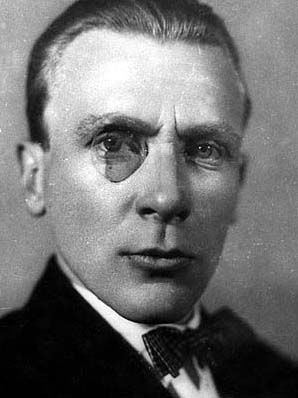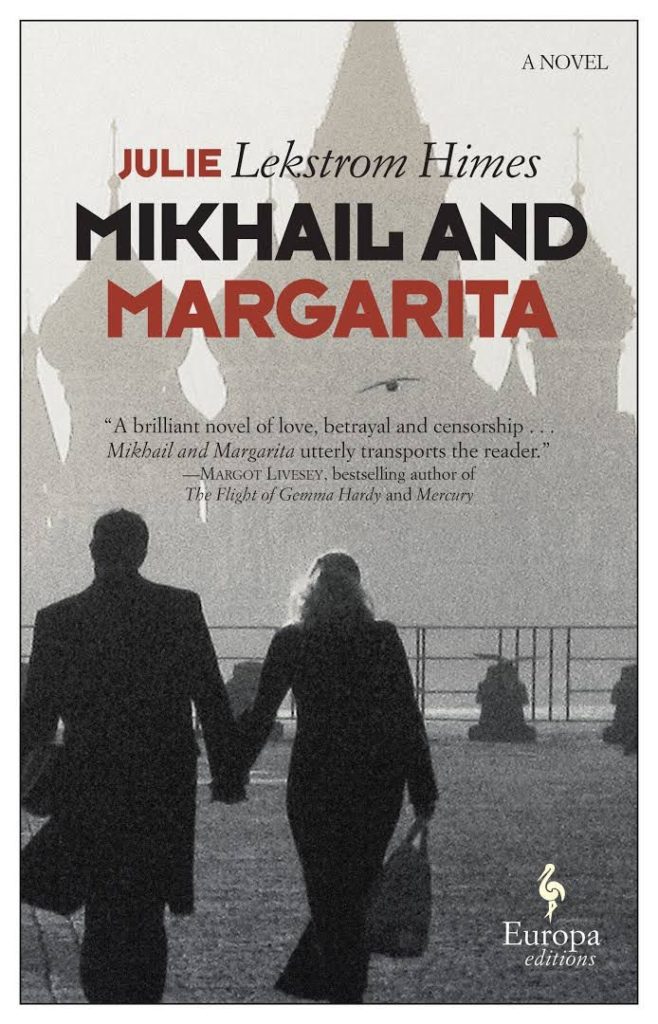Though he is commonly considered one of the greatest writers of the 20th century, due to Soviet censorship, Mikhail Bulgakov never saw his most famous work published in his lifetime.
Now, more than 40 years after its publication, and 70 years after Bulgakov’s death, Julie Lekstrom Himes, a Massachusetts fiction writer, is bringing Bulgakov into the 21st century.
Bulgakov, (1891-1928), lived in Russia during the height of Joseph Stalin’s authoritarian regime and was primarily known as a playwright. His plays were so popular that they captured the attention of Stalin. Impressed by Bulgakov’s talent, Stalin allowed him to continue to write plays, as long as they were mostly nonpolitical. Bulgakov, however, could not remain politically quiet and took to writing more inflammatory and charged fiction and plays, many of which critiqued the Soviet government. But few of these works made it to the public.
In 1928 Bulgakov began his masterpiece, Master and Margarita, a satirical novel about the devil visiting the staunchly atheist Soviet Union. Knowing it would not be published and fearing retribution for writing it, in 1930, when the novel was nearly completed, Bulgakov burned the entire manuscript. One year later he, despite the danger, he rewrote the novel from memory.
As Bulgakov suspected, the novel was forbidden from being published and remained hidden for decades. Bulgakov died in 1940, never seeing his masterpiece come to light. The book remained unpublished until censorship laws began to loosen and it was rediscovered and published in 1967. Master and Margarita quickly became an international sensation and is now considered to be one of the best novels of the 20th century.
Himes’ book, Mikhail and Margarita, is a fictional reimagining of Bulgakov’s life and death. While it uses real moments from Bulgakov’s life, and from the world of Soviet Russia, the novel is able to dramatize and explore ideas of censorship in authoritarian government. In Mikhail and Margarita, Himes’ Bulgakov is able to meet and interact with some of his own characters.
Recently, Himes came to The Odyssey Bookshop in South Hadley to do a reading from her novel. She explained that she wrote Mikhail and Margarita because she fell in love with Master and Margarita and became fascinated with Bulgakov’s life and struggle to express himself creatively.
“The government succeeded in silencing him” she said during an interview at the bookshop. “I want to explore the roots of that story, and unsilence him.”
Hime’s book comes at a time when questions of censorship and demagoguery are on the forefront of many American minds. The novel takes a stark look at how authoritarian governments operate, and asks readers to contemplate the importance of free speech and artistic expression in the modern world.
Though Himes has her own distinct and poetic style, that at times may seem far off from Bulgakov’s voice, her use of humor and mystery, and her portrayal of complex relationships reveals this novel as an homage to Russian literature and Bulgakov in particular.
While Mikhail and Margarita surely speaks to any lover of Russian literature and/or Bulgakov, it will capture anyone fascinated with ideas of government censorship and artistic expression. It will also be attractive, simply, to anyone looking for a beautiful, emotional, and intelligent summer read.
Contact Christin Howard at christinhowa@umass.edu.




